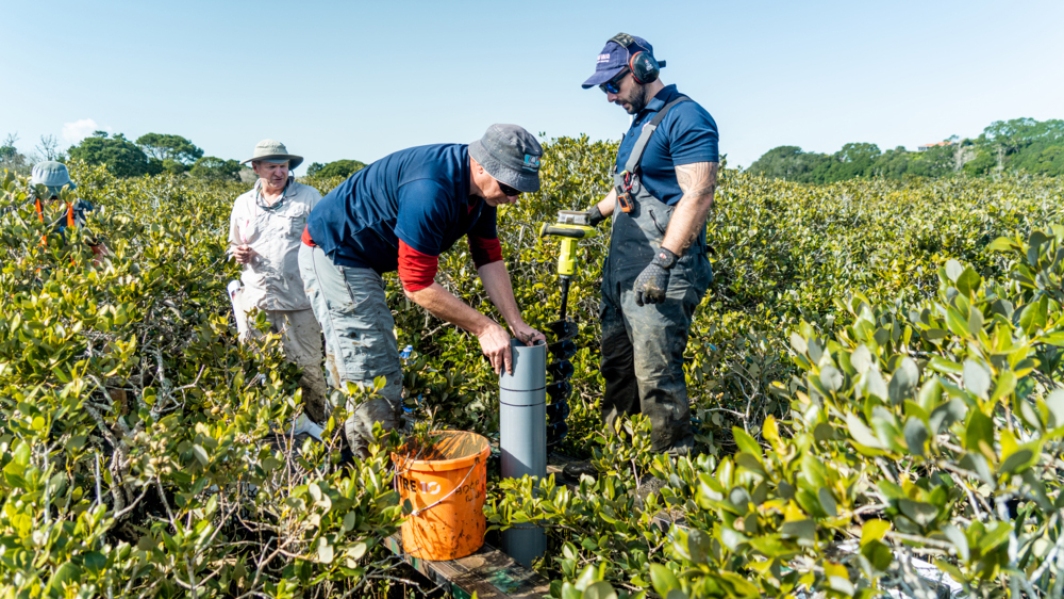-
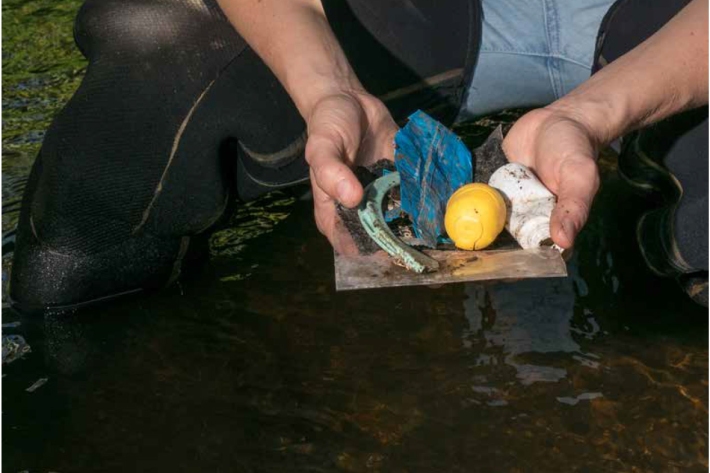
Plastic pollution processes in rivers
Research ProjectMost of the plastic in the ocean originates on land, being carried to the estuaries and coasts by rivers. -
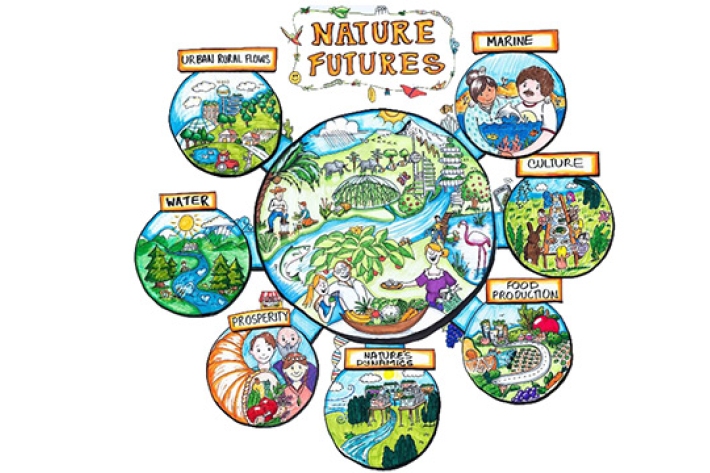
IPBES Nature Futures Workshop
Research ProjectNIWA hosted an IPBES workshop entitled “Visions for nature and nature’s contributions to people for the 21st century” held from 4-8 September 2017 in Auckland. -
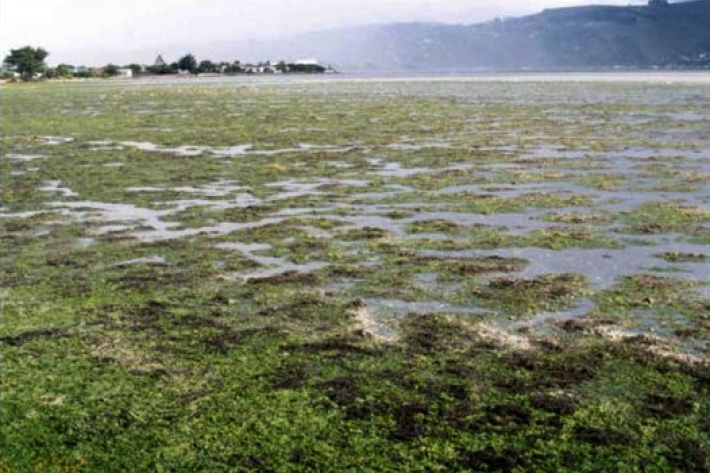
The New Zealand Estuary Trophic Index
Research ProjectExcessive nutrient input (eutrophication) threatens many New Zealand estuaries causing ecological problems, such as algal blooms and poor physical and chemical conditions for estuarine life. -

Wave hazard research
Research ProjectNIWA collects wave data, develops and verifies wave forecasting systems, and is developing and producing wave projections. -
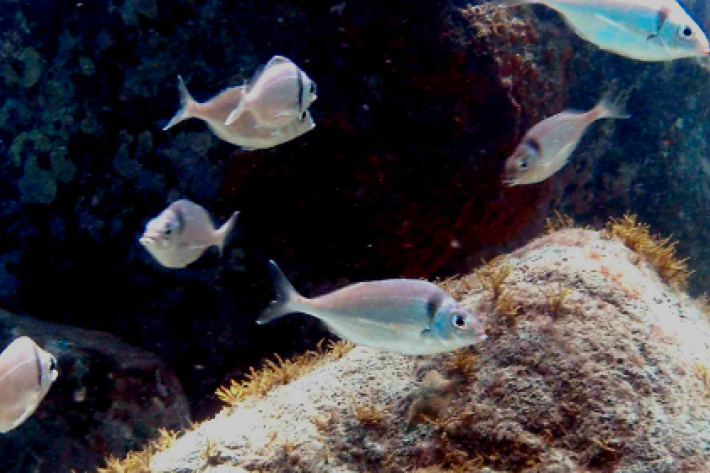
Changes in juvenile fish habitats
Research ProjectNIWA is looking for people who have had a long association with the Hauraki Gulf or Marlborough Sounds to help them with a research project on juvenile fish habitats. -

The decline of New Zealand’s sea lions
Research ProjectThe main breeding population of New Zealand sea lions at the Auckland Islands has halved in size since the late-1990s; NIWA scientists are working with the government and experts from around New Zealand and overseas to understand why. -
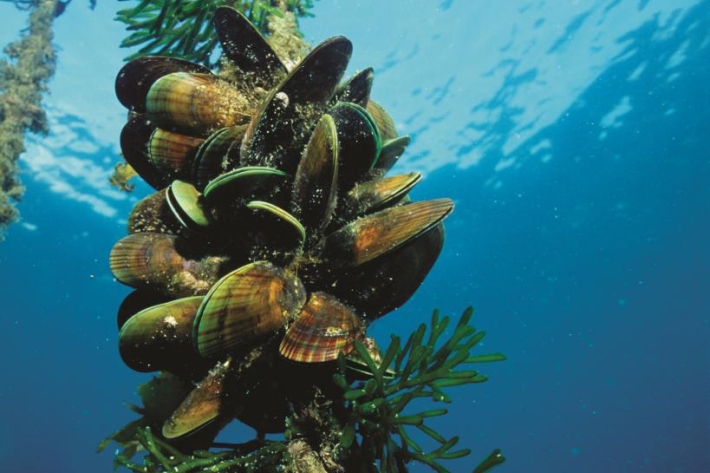
CARIM (Coastal Acidification: Rate, Impacts & Management)
Research ProjectA NIWA-led project to tackle coastal acidification in New Zealand. -
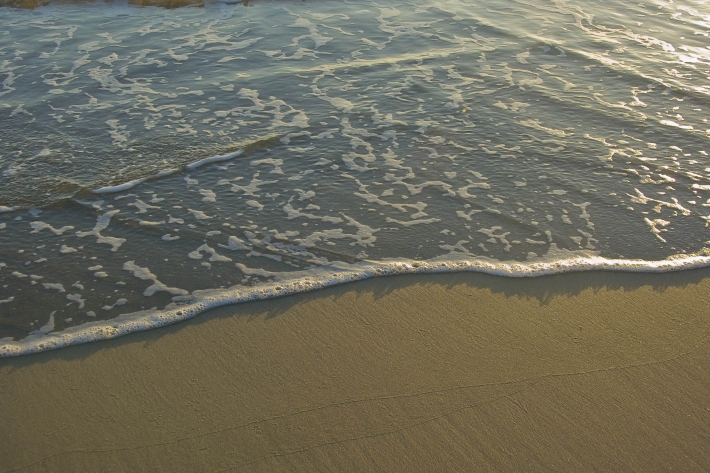
Mapping the ecosystem service potential of our coasts
Research ProjectEstuaries and coasts provide a wide range of benefits to New Zealanders – “ecosystem services”. However, we still don’t know enough about these ecosystem services – a challenge NIWA and other scientists are tackling with a new technique. -

Tidal creeks – connections between freshwater and saltwater
Research ProjectAn experiment in Henderson Creek, Auckland, has demonstrated how tidal creeks variously import, export and deposit sediment, depending on the wind and freshwater runoff, and modulated by the tide. -
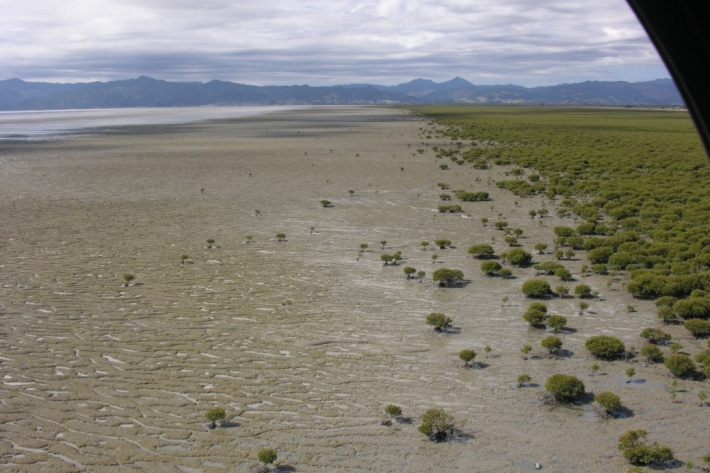
Sediments and mangroves
Research ProjectMangrove forests, which are important parts of estuarine ecosystems in a number of ways, are sensitive to changing sea level. -
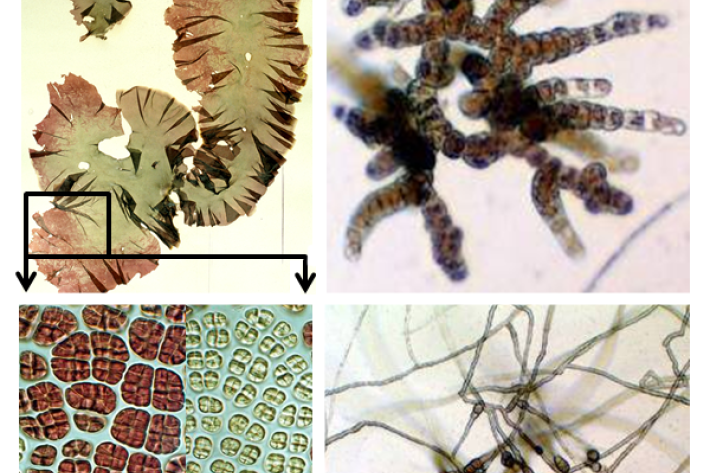
Reclassifying karengo (nori)
Research ProjectThe seaweed known colloquially as nori in Japanese - used for making sushi - or karengo in Maori has been reclassified by an international team of scientists including NIWA's Dr Wendy Nelson. -
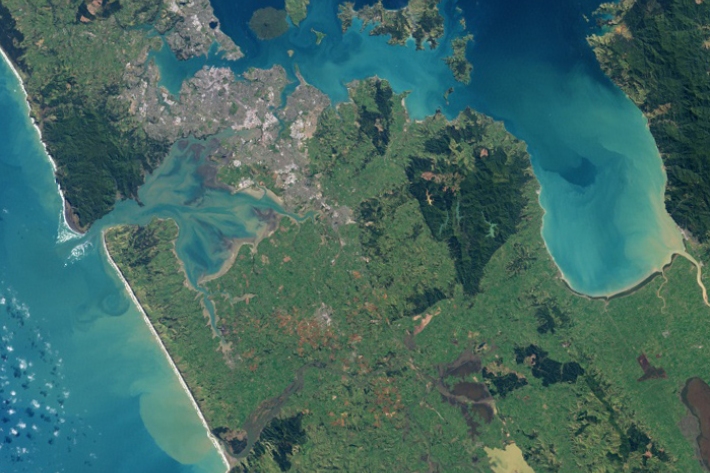
Tracking river plumes
Research ProjectRiver plumes form one of the primary connectors between river-estuary systems and the coastal ocean.

